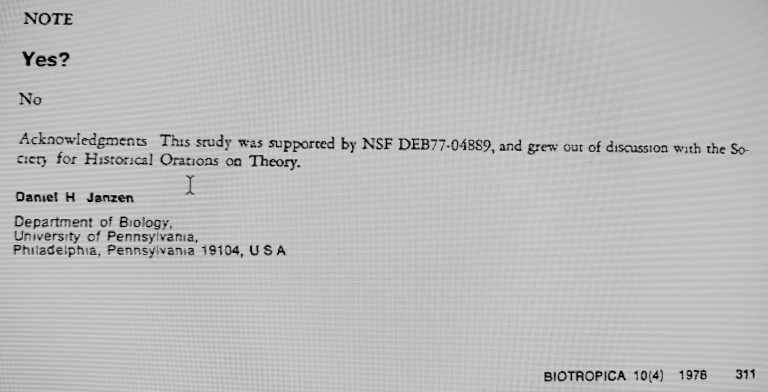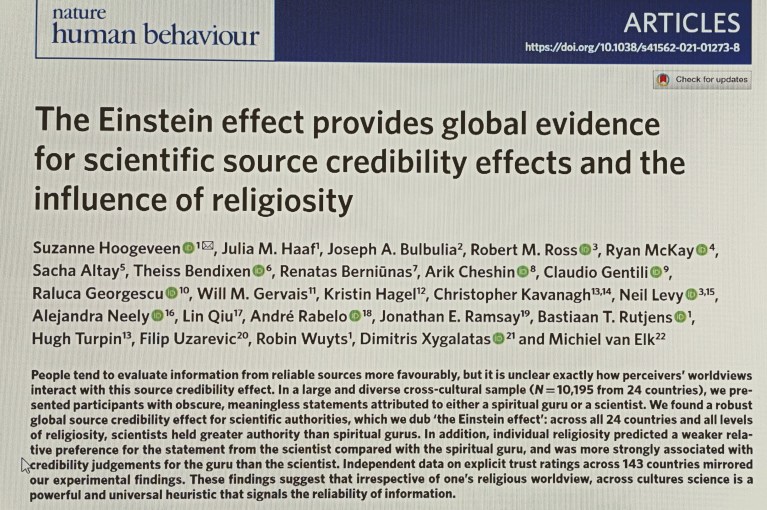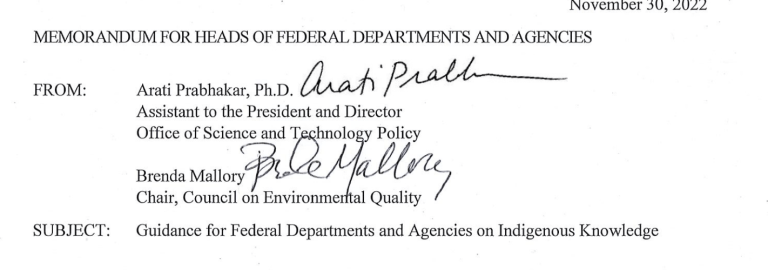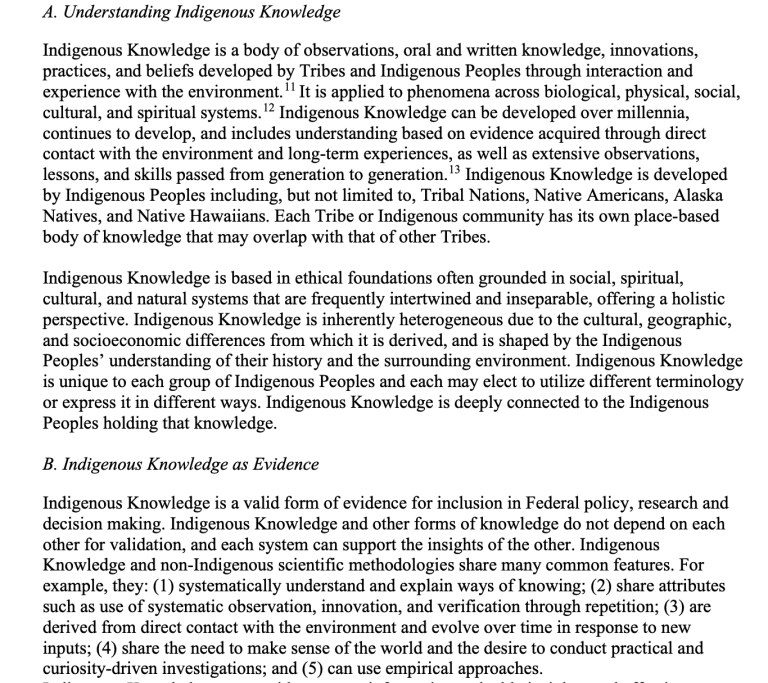Today we divert from wildlife for a day so we can read Athayde Tonhasca Júnior’s test-and-photo post of bizarre scientific papers. Athayde’s narrative is indented and you can enlarge the photos by clicking on them.
Nullius in verba
The Royal Society‘s motto, adopted in 1662 and loosely translated as ‘take nobody’s word for it’, is a reminder that scientific advancement and knowledge come from evidence. A while back, we looked at some unusual titles of science papers. Here we explore data gathering done in unorthodox or quirky fashion.
The common knowledge that “every child in Germany knows that ‘storks bring babies'” inspired Professor Helmut Sies to look for an explanation for West Germany’s demographic problem. He found an almost perfect correlation (r = 0.982) between the number of breeding storks and the number of newborn babies (Nature 332: 495, 1988):
Feline pesematology (from the Greek pesema, for ‘fall’), could help us understand why cats have nine lives. Professor Jared Diamond explained in layman’s terms the findings of Whitney & Mehlhaff from 132 careless tabbies who plunged from windows two or more storeys high in New York (High-rise syndrome in cats. Journal of the American Veterinary Medical Association 191: 1399–1403, 1987). 90% of them survived despite landing on hard pavements. “A kitty named Sabrina fell 32 storeys onto a sidewalk and suffered nothing worse than a chipped tooth and mild chest injuries” (How cats survive falls from New York skyscrapers. Natural History 8: 20-26, 1989). It’s all about physics: “a cat falling in the atmosphere reaches a terminal velocity of about 60 mph (compared with 120 mph for adult humans) after only about 100 feet. As long as it experiences acceleration, the cat probably extends its limbs reflexively, but on reaching terminal velocity it may relax and extend the limbs more horizontally in flying-squirrel fashion, thus not only reducing the velocity of fall but also absorbing the impact over a greater area of its body. This may explain the paradoxical decrease of mortality and injury in cats that fall more than 100 feet” (Why cats have nine lives. Nature 332: 586-587, 1988):
Benno et al. proposed that “anyone who has watched a penguin fire a ‘shot’ from its rear end must have wondered about the pressure the bird generates”. So, they set out to investigate the artillery power of the chinstrap (Pygoscelis antarctica) and Adélie (P. adeliae) penguins. Their results suggest giving these birds a wide berth, lest you be hit by a “material of higher viscosity similar to that of olive oil”. They concluded their paper with a warning to other penguin researchers and a hint to funders: “It is interesting to note that the streaks of the faecal material radiate from the edge of the nest into all directions (no preference is noticeable). Whether the bird deliberately chooses the direction into which it decides to expel its faeces or whether this depends on the direction from which the wind blows at the time of evacuation are questions that need to be addressed on another expedition to Antarctica” (Pressures produced when penguins pooh – calculations on avian defaecation. Polar Biology 27: 56–58, 2003):
Entomologist John Wesley Brown left no doubts about his views regarding rules for naming species (Nomenclatural nonsense – flying in the face of a farcical code. Journal of the Lepidopterists’ Society 55: 1 -7, 2001):
‘Yes’ was Lorna O’Brien’s answer to Caleb Brown’s question, which he posed in the last line of his and Henderson’s paper: A new horned dinosaur reveals convergent evolution in cranial ornamentation in Ceratopsidae. Current Biology 25: 1641–1648, 2015.
In 1962, Tusko, a male Indian elephant, was enjoying a quiet life at the Oklahoma City Zoo until discovered by psychologist Louis Jolyon West and colleagues in search for a subject for a psychedelic experiment. They injected Tusko with a massive dose of LSD and recorded the outcome: “Tusko began trumpeting and rushing around the pen… his restlessness appeared to increase for 3 minutes after the injection; then he stopped running and showed signs of marked incoordination. His mate (Judy, a 15- year-old female) approached him and appeared to attempt to support him. He began to sway, his hindquarters buckled, and it became increasingly difficult for him to maintain himself upright. Five minutes after the injection he trumpeted, collapsed, fell heavily onto his right side, defecated, and went into status epilepticus.” The men of science suspected things were not going according to plan – whatever the plan was – so they injected Tusko with a huge dose of Thorazine, an anti-psychotic drug. It didn’t work: one hour and 40 minutes after the start of the experiment, Tusko was dead. The authors’ conclusion, reproduced in the image, was that acid ain’t groovy, man; far out. Their paper (West et al. Lysergic Acid Diethylamide: its effects on a male Asiatic elephant. Science 138: 1100-1103, 1962) inspired Alex Boese to title his book on outrageous experiments from the history of science: Elephants on Acid: and other bizarre experiments. Besides trippin’ elephants, Louis West’s other academic interest was mind control trials at the CIA-sponsored Project MKUltra, an organisation that would leave James Bond’s SPECTRE feeling jealous and amateurish.
Possibly the shortest scientific note ever published. Tropical ecologist Dan Janzen‘s acknowledgment that colleagues who refuted one of his hypotheses (Schubart & Anderson. Why don’t ants visit flowers? A reply to D. H. Janzen. Biotropica 10: 310-311, 1978) were probably right.
Stack & Gundlach (Social Forces 71: 211-218, 1992) gave academic support to what many of us have long suspected: Country Music can kill you. These classic country songs of all time could have gone in the paper’s appendix:
I keep forgettin’ I forgot about you.
You done tore out my heart and stomped that sucker flat.
How can I miss you if you won’t go away?
If the phone don’t ring, you’ll know it’s me.
I still miss you, baby, but my aim’s gettin’ better.
I’m so miserable without you, it’s like having you here.
Please bypass this broken heart.
I liked you better before I knew you so well.
Get yore tongue outta my mouth ’cause I’m kissing you goodbye.
My wife ran off with my best friend and I sure do miss him.
She got the ring and I got the finger.
In a properly designed randomized controlled trial, Yeh et al. found that jumping from an aircraft with or without a parachute makes no difference for survival (Parachute use to prevent death and major trauma when jumping from aircraft: randomized controlled trial. British Medical Journal 363: k5094, 2018). The next image gives a possible explanation for this statistically robust result:
The authors’ point was that you don’t need randomized controlled trials to draw reasonable conclusions about certain observed effects. “Advocates of evidence-based medicine have criticised the adoption of interventions evaluated by using only observational data. We think that everyone might benefit if the most radical protagonists of evidence-based medicine organised and participated in a double blind, randomised, placebo controlled, crossover trial of the parachute.”:
Hollywood is taking too long to snap up Yap et al.’s creepy creation: the Necrobotic, a robot built with the carcass of a dead spider (Necrobotics: biotic materials as ready-to-use actuators. Advanced Science 9: 2201174, 2022):
In this age of alternative facts and personal truths, Hoogeveen et al.’s reported ‘Einstein effect’ is heartening: “our results strongly suggest that scientific authority is generally considered a reliable source for truth, more so than spiritual authority. Indeed, there are ample examples demonstrating that science serves as an important cue for credibility; the cover of Donald Trump’s niece’s family history book is adorned by ‘Mary L. Trump, PhD’; advertisements for cosmetic products often claim to be ‘clinically proven’ and ‘recommended by dermatologists’, and even the tobacco industry used to appeal to science (for example, ‘more doctors smoke Camels than any other cigarette’).” All good, but the paper’s methodology is the best. See next item.
Hoogeveen et al. tested their hypotheses by using the New Age Bullshit Generator (http://sebpearce.com/bullshit/), which “combines new age buzzwords in a syntactically correct structure resulting in meaningless but pseudo-profound sounding text”. Have a go at it, it’s great fun. Deepak Chopra, Paulo Coelho and Jordan Peterson must have dipped into it:
Brave guinea pigs for the sake of kids’ welfare. Not many people would be keen to gobble down Lego pieces and have their SHAT (Stool Hardness and Transit) and FART (Found and Retrieved Time) scores investigated (Journal of Paediatrics and Child Health 55: 921-923, 2019):
Lastly, this from Australia: Mamils (middle-aged men in Lycra) are thriving (Medical Journal of Australia 209: 490-494, 2018). “It is believed that Mamils have evolved from the dawn patroller species, typically found in droves throughout the nineties and noughties on golf courses”. Now, “Sydney’s Mosman allegedly has more Mamils per square metre than the Tour de France.” “The group bonding… is good for mental health: it may foster stronger bonds between men and have positive effects on their wellbeing and morale, as Mamils are having a wheelie good time.” Excellent health news despite the disturbing aesthetical side effects:




































